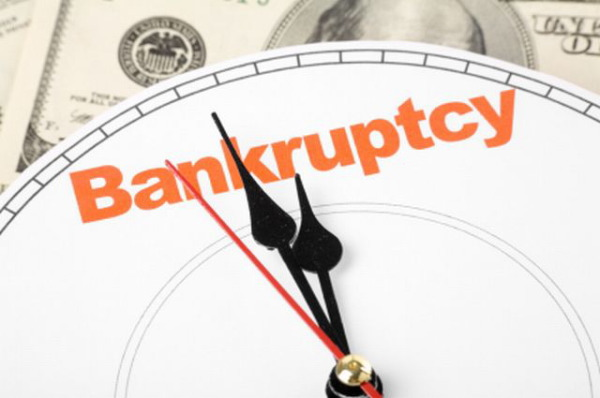Declaring bankruptcy – it might sound like an extreme measure to many people and businesses, but if you’re struggling to cope with a mountain of debt and have very few options to help reduce it, this might be the best solution. You might wonder what declaring yourself bankrupt entails, but here are some important facts:

- Under UK law, anyone with a UK passport, address and residency can petition to be declared bankrupt.
- You have to complete a bankruptcy petition – this is essential when trying to declare yourself bankrupt. Without it, you will be unsuccessful.
- If you do go down the bankruptcy route, you will have to pay court fees of between £400 and £500, although you may get a partial rebate if you’re on certain state benefits or are out of work.
- It’s possible that your application could be refused at court. It could be for a variety of reasons, but they may suggest alternatives like an Individual Voluntary Arrangement (IVA) to help reduce your debts and your creditors.
- It might seem like a panacea of some kind, but with bankruptcy come a number of restrictions. It’s not possible to run or hold a directorship in any business without permission from the court, obtain credit of over £500 without disclosing to your bank or building society details of your bankruptcy or even become a charity trustee.
- You no longer control your assets after becoming bankrupt. Apart from essentials like food and clothing, it’s possible that your creditors can take any of your possessions, including your home and car.
- After receiving Bankruptcy and debt advice from payplan.com, it’s likely you will become familiar with an Official Receiver. They are appointed to deal with your case, and will meet with you and your creditors to make everything run as smoothly as possible during the whole process.
- As soon as you are declared bankrupt, you will no longer have the worry of paying money to your creditor directly. If they ask for money, they will have to go through your Official Receiver first.
- Bankruptcy only lasts for a period of about 12 months, although this varies depending on how much money you owe and whether it will sort your finances out. After this period ends, you are left to try and live within your means. Hopefully, you will have learned from past mistakes and will know more about financial management, but if you haven’t fulfilled your obligations during bankruptcy, the court may ask for a postponement of any discharge or may extend the period to two years.
This post was written by Gerry Maloney, a London-based financial advisor who works with companies like payplan.com on debt solutions.

